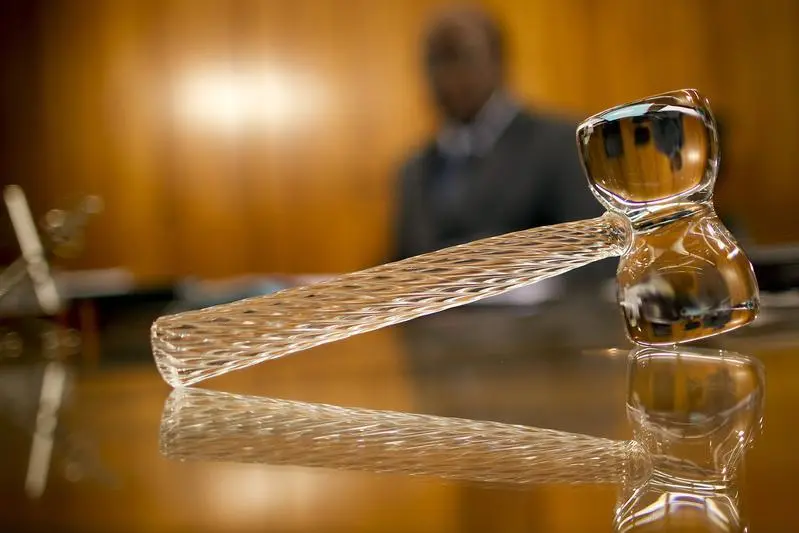PHOTO
DUBAI - A Cayman Islands court has dismissed rival claims made by a Saudi Arabian family and the Cayman companies of a Kuwaiti-born businessman, finding both the family and the businessman to have defrauded scores of banks out of about $126 billion over more than two decades.
The ruling follows a 10-year dispute played out in international courts between the al-Gosaibis and Maan al-Sanea over who was to blame for the collapse of each other's business empires.
Ahmad Hamad al-Gosaibi and Brothers (AHAB) and Saad Group, owned by al-Sanea, both defaulted in Saudi Arabia’s biggest financial meltdown in 2009 amid the global financial crisis, with international and regional banks and other creditors owed billions of dollars.
In a judgment on Thursday, Honourable Anthony Smellie QC, the chief justice of the Cayman Islands, dismissed a $4 billion claim by AHAB against Saad Investments and other companies for alleged fraud involving an AHAB business unit called the Money Exchange, according to a copy of the judgment seen by Reuters. The chief justice found that AHAB knew of and authorised the fraud carried out by al-Sanea, said the judgment. He also dismissed a $5.9 billion counterclaim by Saad.
The chief justice left in place AHAB’s existing $2.5 billion judgment against al-Sanea.
AHAB said in a statement that it was considering its legal options, adding that there was an automatic right of appeal but that any appeal was unlikely to be heard until 2019.
Representatives for Sanea and Saad did not respond to a request for comment.
Sanea, who married into the al-Gosaibi family in 1980, was appointed the Money Exchange's managing director in 1981.
Between 1981 and 2009, when the Money Exchange collapsed, its financial statements "deliberately and grossly understated" the extent of its borrowings and the extent of AHAB's indebtedness to its banks, the judgment said.
The Money Exchange, in conjunction with other family-owned financial businesses, were used to perpetrate "one of the largest Ponzi schemes in history," the judgment added.
The al-Gosaibis allowed al-Sanea to use the Money Exchange for "massive personal borrowing" as it was the "quid pro quo for his willingness to use the Money Exchange to procure fraudulent borrowing on behalf of the AHAB partners themselves," the judgment said.
Before its collapse, the Money Exchange raised about $126 billion by way of fraudulent borrowing from at least 118 banks around the world, according to the judgment, adding that AHAB was complicit in the fraud with al-Sanea.
(Reporting by Tom Arnold Editing By Tom Brown and Catherine Evans) ((Tom.Arnold@thomsonreuters.com; +971-4453-6265; Reuters Messaging: tom.arnold.thomsonreuters.com@reuters.net))





















